Digital Community in the 1970s
 When we talk about the beginnings of online community, we often discuss The WELL, which launched in 1985. It’s easy to forget that some people, like our guest on this episode, were building digital communities well before that.
When we talk about the beginnings of online community, we often discuss The WELL, which launched in 1985. It’s easy to forget that some people, like our guest on this episode, were building digital communities well before that.
Randy Farmer co-created Habitat, recognized as the first graphical virtual world. Over the last 30 years, he has helped companies like Lucasfilm, Electronic Arts, Linden Lab, Yahoo! and Answers.com to design better community products. On this episode, we discuss:
- Randy’s online community building efforts in the 1970s
- The importance of Habitat, and its recent revival
- Yahoo!’s acquisition of Flickr and what went on behind the scenes
 Usually, at 18-year-old online community
Usually, at 18-year-old online community 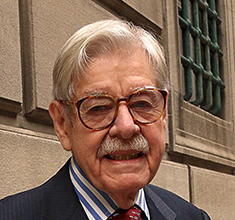 “If a window in a building is broken and is left unrepaired, all the rest of the windows will soon be broken.” So says the
“If a window in a building is broken and is left unrepaired, all the rest of the windows will soon be broken.” So says the  Many online news media outlets, especially those that were borne out of print publications, have paywalls. You might be able to view a handful of articles, but you have to pay to keep reading. However, some paywalls are stricter than others.
Many online news media outlets, especially those that were borne out of print publications, have paywalls. You might be able to view a handful of articles, but you have to pay to keep reading. However, some paywalls are stricter than others.
 You might not realize it, but you use open source software, where the source code has been released with a license enabling it to be freely used, changed and distributed. Even if you know about open source, you may not know any of the people who contributed to that software.
You might not realize it, but you use open source software, where the source code has been released with a license enabling it to be freely used, changed and distributed. Even if you know about open source, you may not know any of the people who contributed to that software.
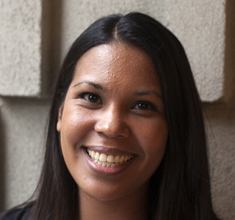 4 years ago,
4 years ago, 
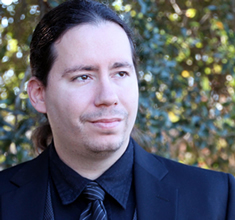 Many online communities do not allow members to upload images to include in their posts. In such cases, members often rely on third party image hosting services. Among the most popular of these, for a long time, has been
Many online communities do not allow members to upload images to include in their posts. In such cases, members often rely on third party image hosting services. Among the most popular of these, for a long time, has been 
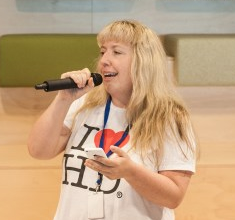 There has been a lot of talk in the community industry about the
There has been a lot of talk in the community industry about the  In May of 2001, I launched a martial arts community with a focus on respectful discussion and a generally family friendly atmosphere. The very next month,
In May of 2001, I launched a martial arts community with a focus on respectful discussion and a generally family friendly atmosphere. The very next month, 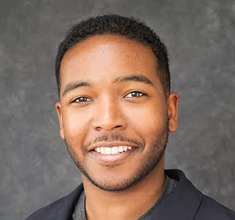 It feels like the quality of discourse in the United States, and many other countries, gets worse every single day. Especially political discourse. But in online community settings, it is possible to identify the the threads to civil discourse and neutralize them.
It feels like the quality of discourse in the United States, and many other countries, gets worse every single day. Especially political discourse. But in online community settings, it is possible to identify the the threads to civil discourse and neutralize them.